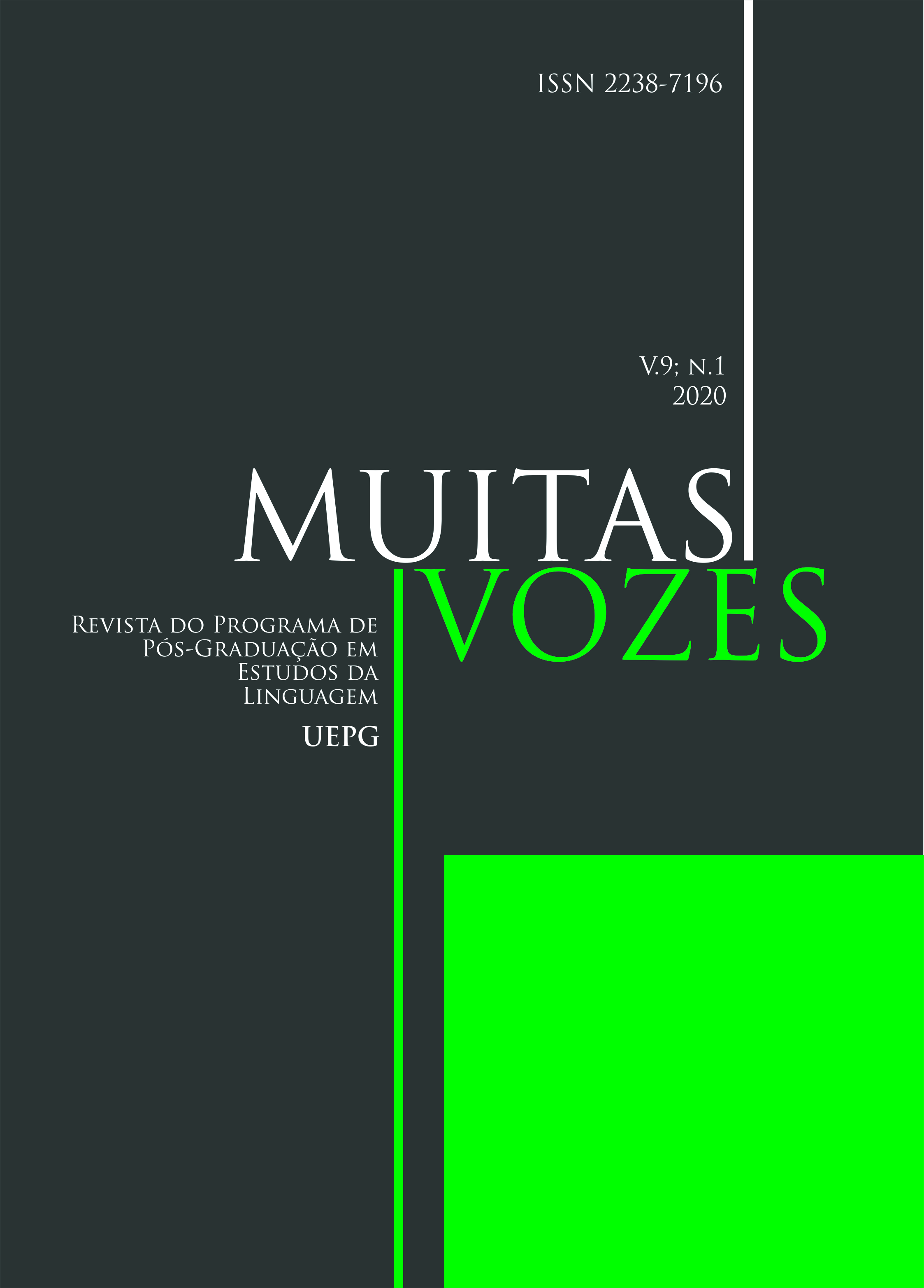O PRÍNCIPE DO BRASIL: O PROBLEMA DAS DESCRIÇÕES DEFINIDAS ILUSTRADO
Resumo
Neste artigo, analisamos o seguinte proferimento de Gregório Duvivier em seu twitter: “É fake que o príncipe fez suruba gay e bateu em mendigo. Ele não é príncipe.”. Essa sentença coloca um problema intrigante para análise porque contém a descrição definida o príncipe, que remete a um problema clássico da filosofia da linguagem: o problema da denotação de expressões que têm sentido, mas não têm referência. Russell (1905), que primeiro apontou esse problema, estabelece que descrições definidas como essa carregam a informação de que há um único príncipe do Brasil, e a inexistência de um indivíduo que satisfaça essa propriedade tornaria a sentença falsa. Strawson (1950) argumenta que isso se converte em condições de felicidade da sentença, na medida que essa informação faria parte do conteúdo pressuposto e não do conteúdo assertado. Por consequência, mostramos que o comentário de Gregório manipula essa pressuposição de existência através de negação metalinguística (HORN, 2001 [1989]), mas sem cancelá-la por completo, porque sua retificação se dirige apenas para o predicado da descrição definida e não para o quantificador existencial. Em consequência disso, o comentário de Gregório preserva a informação da asserção de que o indivíduo em questão participou de suruba gay e bateu em mendigo e pragmaticamente os interlocutores vinculam esse indivíduo ao deputado Luiz Phillipe de Orleans e Bragança, o pretenso príncipe. Assim, a análise demonstra princípios elementares de semântica e pragmática a partir de um dado extraído de uma interação real.
Downloads
Downloads
Publicado
Como Citar
Edição
Seção
Licença

Este obra está licenciado com uma Licença Creative Commons Atribuição 4.0 Internacional.
Transferência de direitos autorais: Caso o artigo submetido seja aprovado para publicação, JÁ FICA ACORDADO QUE o autor AUTORIZA a UEPG a reproduzi-lo e publicá-lo na REVISTA MUITAS VOZES, entendendo-se os termos "reprodução" e "publicação" conforme definição respectivamente dos incisos VI e I do artigo 5° da Lei 9610/98. O ARTIGO poderá ser acessado tanto pela rede mundial de computadores (WWW - Internet), como pela versão impressa, sendo permitidas, A TÍTULO GRATUITO, a consulta e a reprodução de exemplar do ARTIGO para uso próprio de quem a consulta. ESSA autorização de publicação não tem limitação de tempo, FICANDO A UEPG responsável pela manutenção da identificação DO AUTOR do ARTIGO.



